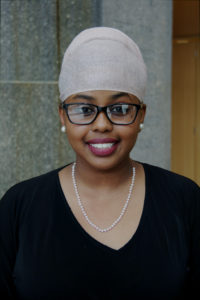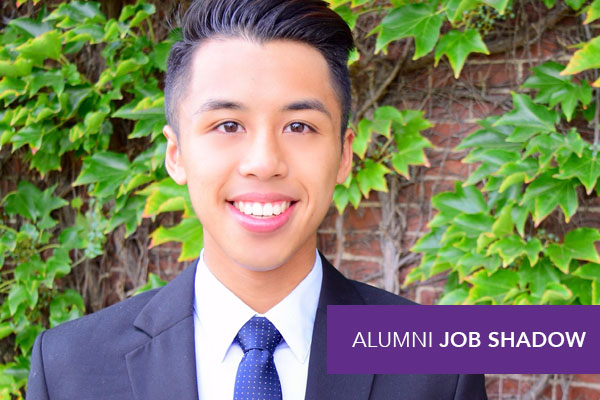
Name: Brian Beaton
Class Year: Holy Cross, 2016
Law school: Harvard Law School, J.D. 2021.
Title: Law Clerk
Organization Name: Covington and Burling LPP (Washington, D.C.)
1. In one sentence, what does your job entail?
I handle the typical work of a first-year lawyer interested in litigation; specifically, I work with teams representing various clients as either defense or plaintiff’s counsel, and write briefs in support of our positions and prepare our clients for the various stages of a legal proceeding.
2. What planned and unplanned events connected you to your industry and your first employer after Holy Cross? How did you learn/decide it was a good fit for you?
My support system at Holy Cross was integral. My first job after Holy Cross and prior to attending law school was at the Department of Justice in Washington, D.C. I talked about my options with so many professors, who helped me think about my career interests and how working for the government and in D.C. would help me pursue my goals. I was a political science major at Holy Cross, and the advice I received from professors and classmates alike on how to navigate DC and the benefits of public service clarified that working for DOJ was a great fit. And, I participated in the Washington, D.C. semester as a second-semester junior in 2015, which offered an incredible introduction to D.C. and the world of government, politics, and law.
3. What were you involved in when you were on campus?
I was a member of the Student Government Association, first as a Senator and then as a member of the co-Presidents’ cabinet my senior year. I also participated in SPUD, worked with migrant communities in Worcester through the CBL office, and hosted radio shows with WCHC. I spent my entire junior year off the Hill, first in Peru and then in Washington, D.C. working for the Organization of American States.
4. What was your major and how did it affect your career decisions?
I was a political science major with a concentration in Latin American and Latino studies (now Latin American, Latinx, and Caribbean studies). Though I was already interested in government and politics before I chose my major and concentration, my coursework and interactions with professors in and out of class reaffirmed my interests and helped me to think through how to transform them into a career. Further, I credit the academic rigor of these courses with teaching me how to more effectively communicate, think through difficult problems, and work within teams. I truly think I would not have the critical thinking and writing abilities that are vital to my work today without the education I received at Holy Cross.
5. What are one or two skills that you developed at Holy Cross that you use in your work?
Much of my work consists of writing–whether that entails submissions to federal court, communications to clients, or discussions within the firm. Holy Cross helped me to foster my writing abilities, both as a science and as an art. I particularly appreciate the efforts of Professors Denis Kennedy and Loren Cass, who often sat down with me to talk about writing and how to get points across in an effective manner. Good writing is so important to so many professions, and I encourage every student to take advantage of the opportunities to write and learn from the best at Holy Cross.
Second, I was forced to work through ambiguity at Holy Cross, whether through written assignments or discussions in and out of class. Often, the legal issues I deal with today do not have clear answers and require clear, nuanced assessment. I learned to approach these types of problems both analytically and with broader perspective, and that has been vital to my work.
6. What advice do you have for students on campus today?
First, enjoy the time you have to really explore your interests without the external pressure of work or other obligations. Holy Cross is a special place, and college is a special time. You are in a community of learners, and a place built to foster your academic advancement and development as a well-rounded citizen. Take advantage of the fact that you are surrounded by fellow students experiencing the same growth and professors who want you to achieve career and personal fulfillment. And go easy on yourself. Though it’s not always clear in the moment, you will look back on the advancements you’ve made not only as a student, but as a person ready to more fully engage with the world, by the time you leave the Hill.
Second, be confident in the skills and education you will receive from Holy Cross. I’ve often had moments of self-doubt (particularly as a first-generation college student), whether in my initial job at DOJ, or as a law student at Harvard, or as a young lawyer at a large law firm. Do not be intimidated by the name of the institution or the people within it. You are prepared to take on the challenges you will encounter in these places, and the sooner you realize that, the sooner you will find the opportunities for growth and the people there who will invest in your development. You will be ready by the time you leave Holy Cross.


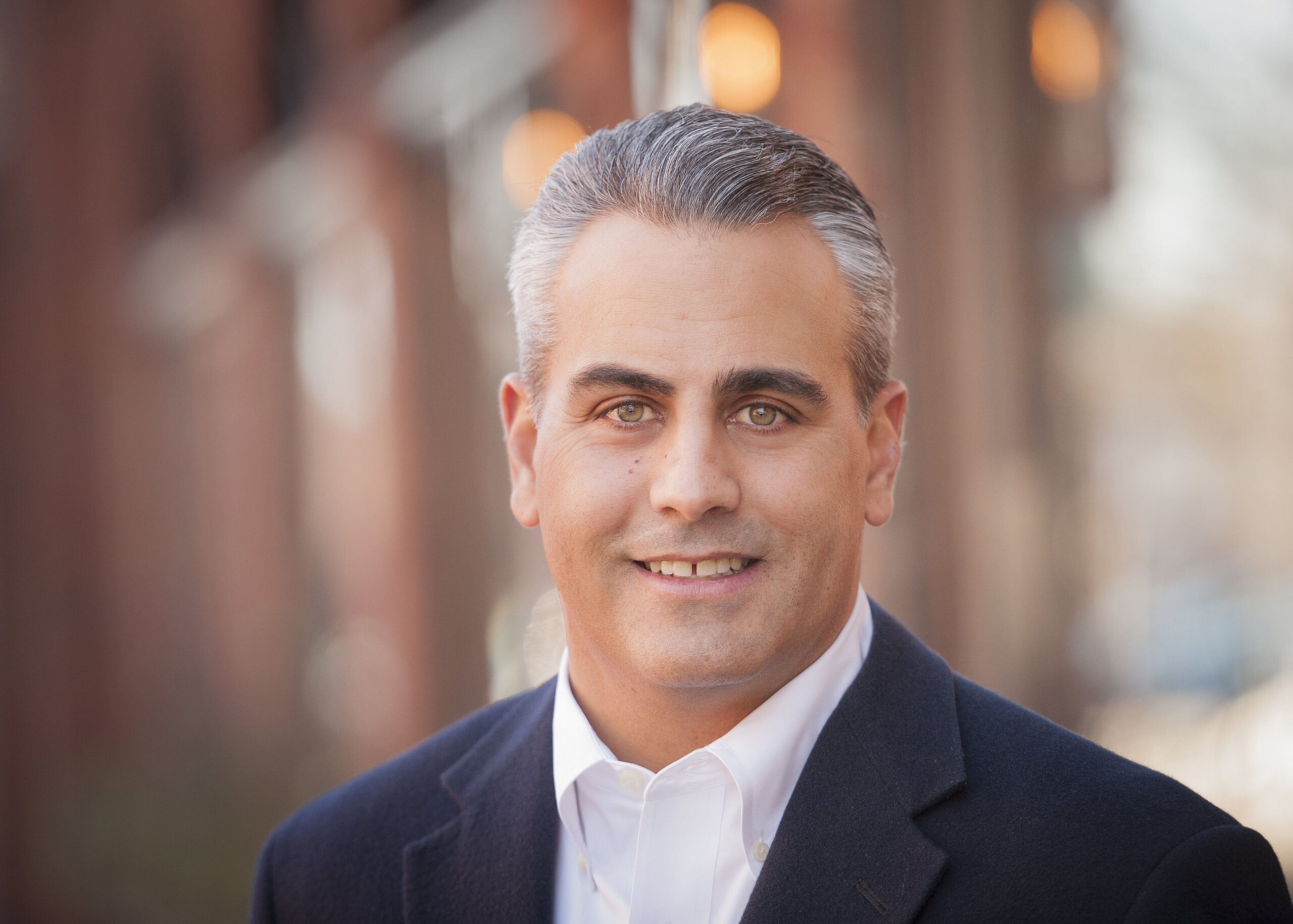


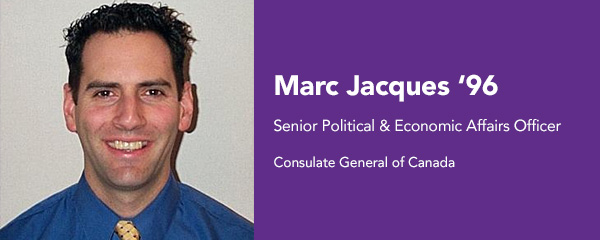
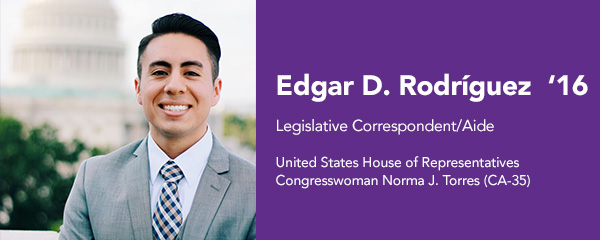
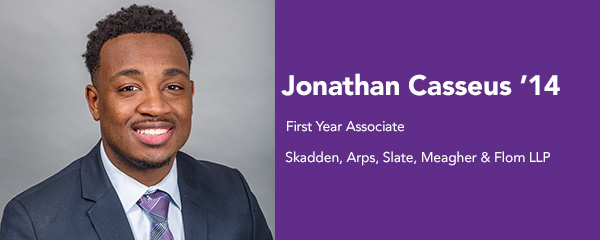
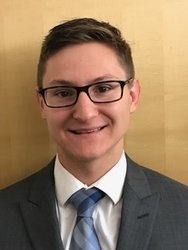
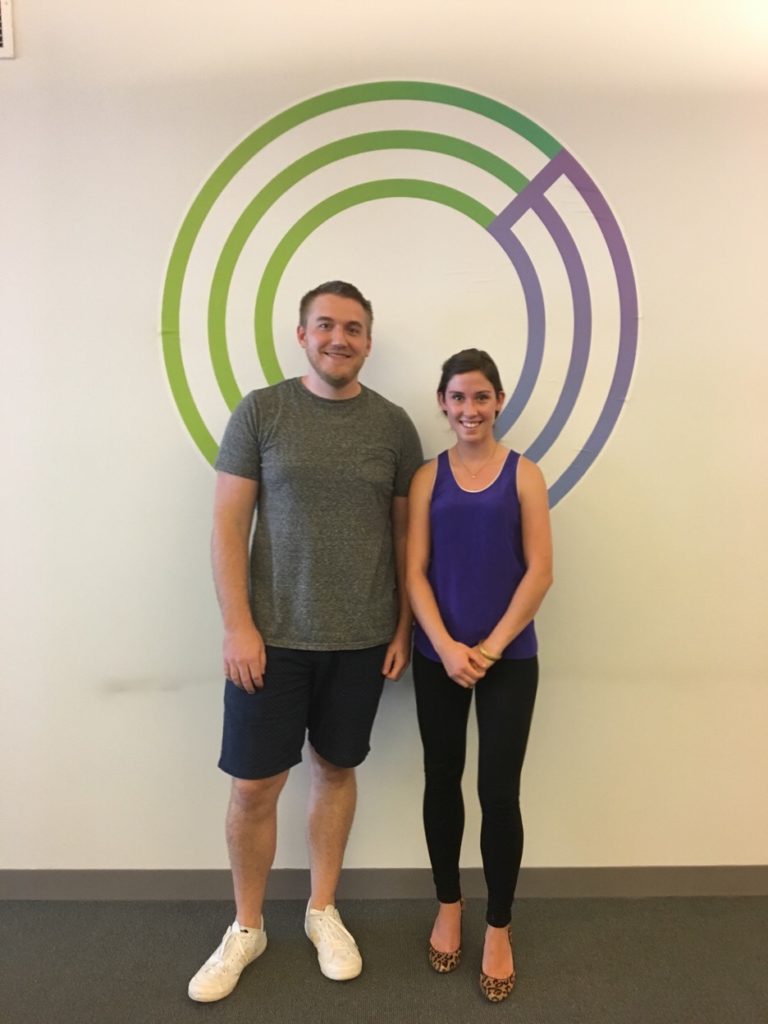 Alexandra
Alexandra 